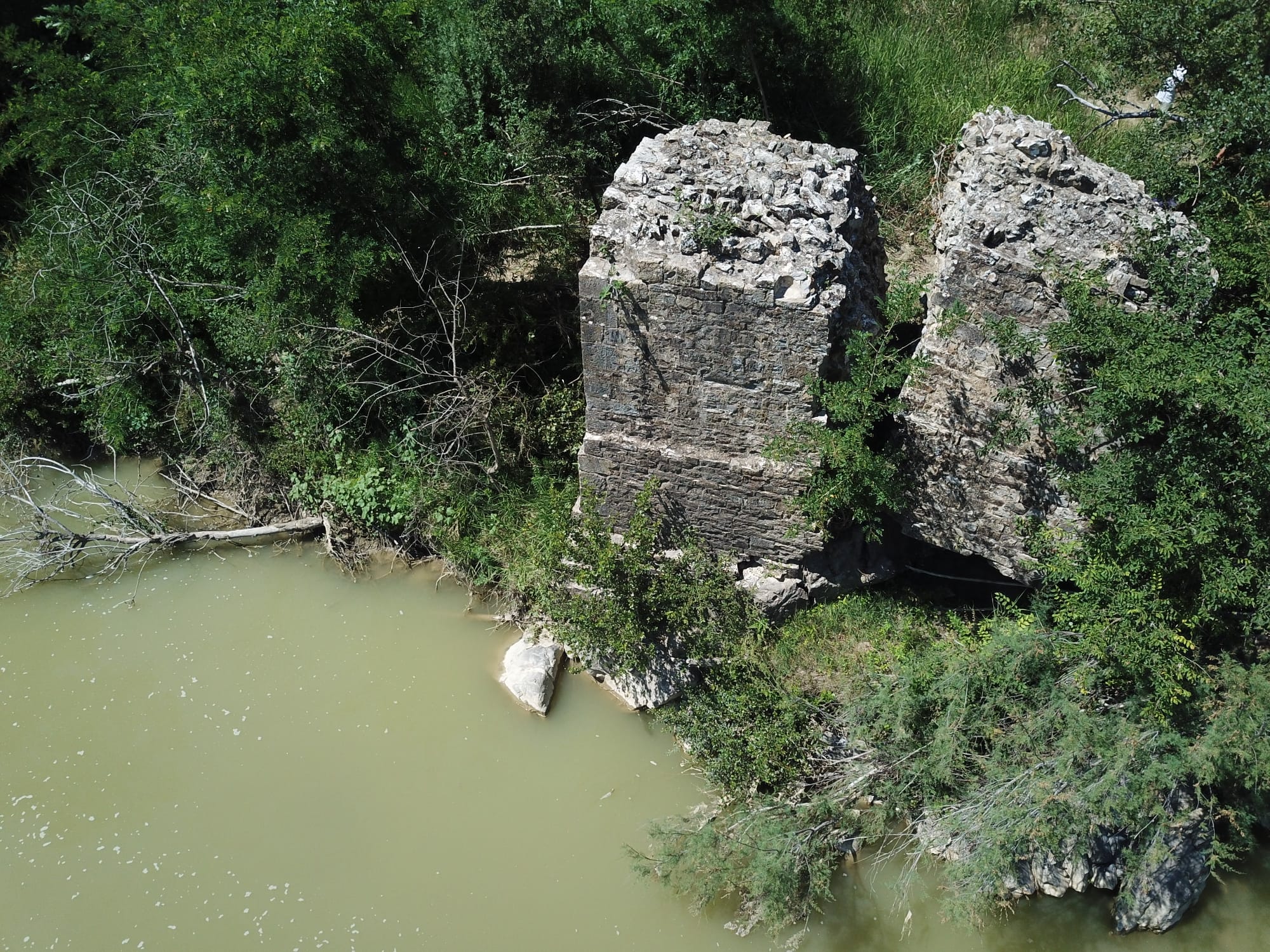As I approached Fabiana for her interview on the same ground that she had walked on decades before, her eyes were bright with excitement and nostalgia. Just as many archaeologists in Italy must, Fabiana had to find another job to live and support her passion. Now in the freedom of retirement after working as an administrative clerk and raising a family, the freelance votive offering specialist can devote the entirety of her time to what she loves and return to the artifacts and excavation sites of her past; although it feels strange and wholly different to return with this newfound free time and with her years of growth as a professional, the passion never left the specialist. After Fabiana’s work with the original excavation team at Podere Cannicci, the ceramic-ridden site remained closed for many years; the specialist even voiced her desire for excavations and research at the site to continue due to the rich potential discoveries hinted by the soil, so the birth of the IMPERO Project and Dr. Sebastiani’s invitation to her to return are “a realized dream” for Fabiana. Of all these amazing possibilities, the specialist hopes most fervently that the IMPERO Team will find the sanctuary, the existence of which is supported by the votive finds that she previously studied.
The University of Florence Classical Archaeology graduate, with a specific thesis and three-year post-graduation specialization in Roman Archaeology, believes that “all kinds of archaeological materials speak; they tell us [a] story…if you are able to listen, they can tell you everything about…economy, social life [and] religious life.” Thus, the ex-votos that she adores do not just act as clues towards the existence of a sanctuary, nor does her fascination for them lie only in their documenting and dating. Every time Fabiana moves her hand over the objects of the past—and intensely analyzes, contextualizes, and interprets them—she and her colleagues are able to imagine the objects’ roles in the larger lives, structures, and beliefs of their makers and users. The information gathered from artifacts at Podere Cannicci, for example, will not only further our understanding of the history of the site and surrounding area, but fill in one more piece of the puzzle of understanding changes throughout the Mediterranean in trade and worship.
Nurtured by her professor Vincenzo Saladino at the University of Florence, who gave her a final exam on this topic, this enthusiasm for ex-votos has always been Fabiana’s first and foremost passion, and she undertook studying them for the whole of her life—particularly Roman and Etruscan ceramics. She even marks learning all of the different variations of Roman ceramics as the most important thing that she has learned in her professional life, and the specialist asserts that “not every kind of Roman ceramics is so well known as we believe, so there is some more to study and understand.” Beyond her life’s labor, however, Fabiana is also fascinated by art and has a deep appreciation for her work as a tour guide. In all of her realms of interest, the votive specialist has lived a life surrounded by beauty and mystery that will only continue to deepen with unanswered questions. For Fabiana’s work at Podere Cannicci, her largest looming question regards the Late Republican phase of the site—how did the site function during that period of time, and can that understanding help us determine the provenance of the ex-votos already discovered? As Fabiana looked out onto the site of her passion-filled past, her eyes blazed with a curiosity that has never dimmed or faltered, and she now stands ready to enter further into the unknown shoulder-to-shoulder with her new colleagues and friends.
Text by: Elisabeth Woldeyohannes
Photo by: Riley James

